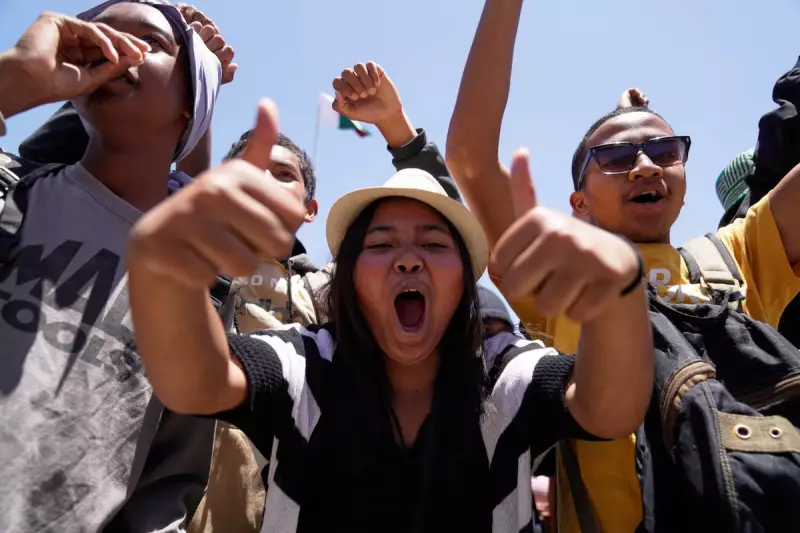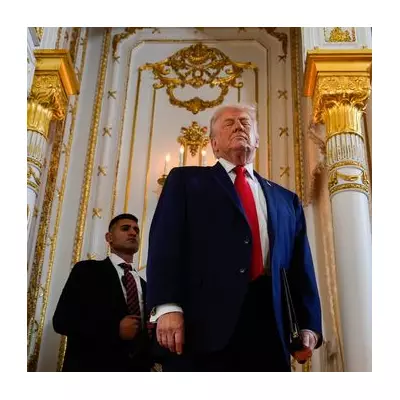
Madagascar is witnessing one of its most significant political upheavals in recent years as thousands of protesters, predominantly from the Generation Z demographic, have taken to the streets following explosive allegations against President Andry Rajoelina.
The Spark That Ignited a Nation
Political tensions reached boiling point after former President Hery Rajaonarimampianina made startling claims that the current administration was planning to "install a dictatorship" through unconstitutional means. These allegations have triggered widespread demonstrations across the island nation, with young activists at the forefront demanding transparency and democratic integrity.
Presidential Denial and Rising Unrest
President Rajoelina has vehemently denied the coup plot accusations, dismissing them as politically motivated falsehoods. However, his reassurances have failed to quell the growing public outrage. Security forces have responded to the protests with tear gas and water cannons, escalating tensions in the capital Antananarivo and other major urban centres.
Generation Z Takes Centre Stage
What distinguishes this political movement is the prominent role played by Madagascar's youth. Social media-savvy protesters have organised under the banner "Madagasikara vonona hiady" (Madagascar ready to fight), coordinating demonstrations and sharing real-time updates that have circumvented traditional media channels.
International Concern Grows
The political instability has drawn attention from regional bodies and international observers. Neighbouring African nations and global diplomatic entities are closely monitoring the situation, concerned about potential ripple effects in the strategically important Indian Ocean region.
Economic Implications Loom Large
Beyond the immediate political crisis, analysts warn of severe economic consequences for one of the world's poorest nations. The unrest threatens to disrupt tourism, deter foreign investment, and undermine ongoing development projects crucial for Madagascar's economic recovery.
As the standoff continues, all eyes remain on whether dialogue can prevail over confrontation in resolving this deepening political divide.





